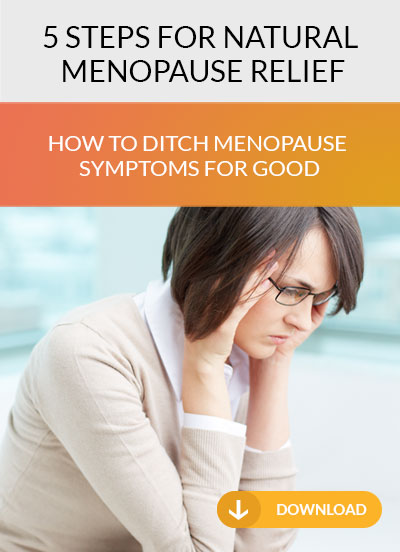What is anxiety? This is a question asked by many people trying to decipher the difference between this illness and others.
Is anxiety an illness? Is it an ailment, a disorder? Yes, anxiety is classed as all three, depending on which stage it is at. In severe cases, there are signs of stress that escalate out of control. These are signs of an anxiety disorder.
Anxiety gives sufferers a feeling of uneasiness. Almost everyone has experienced the discomfort of anxiety at some point in their lives. It can arise when faced with dilemmas, stressful situations, such as a job interview, sitting an exam or during illness.
Another FAQ? Is it normal to feel anxious when faced with difficulty or something dangerous? Yes everyone can suffer from bouts of anxiety. This is a normal response to stressful situations. Anxiety has even been known to improve performance.
However, in the UK, the one in ten people that suffer from anxiety have severe anxiety that interferes with their normal daily life.
Excessive anxiety is also associated with many other psychiatric conditions, like depression. Anxiety is considered abnormal when the signs or symptoms hang around longer than necessary and to what degree it interferes with day to day activities.
If this is the case, the anxiety is classed as an anxiety disorder and it’s necessary for the patient to get medical treatment.
The physical symptoms of anxiety can be identified based on how the brain sends signals to other parts of the body, preparing for a fight or flight reaction. The human brain releases stress hormones during these reactions, including adrenaline.
Common symptoms that can occur are abdominal discomfort, rapid heartbeat or palpitations, dizziness, diarrhea, shortness of breath, dry mouth, tightness or pain in the chest, frequent urination or finding it difficult to swallow.
Anxiety is often considered the culprit when a mental health problem is recognized, such as depression, alcohol abuse, a personality disorder—even withdrawal from long-term use of drugs or tranquilizers.
The signs to look out for when psychological anxiety is present are the inability to concentrate, fear of madness, insomnia, irritability or anger, a feeling of discomfort and the loss of control of your actions.
Some types of anxiety are closely associated with physical illnesses, such as a thyroid disorder. If treatment takes place for whatever the diagnosed illness is, the anxiety can improve over time.
If at any time you, a family member or a friend are showing the signs of anxiety described in this article, please consult with your doctor—especially before buying over the counter medication.







